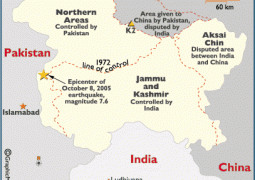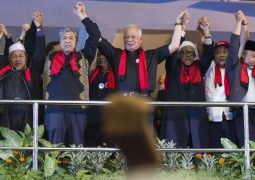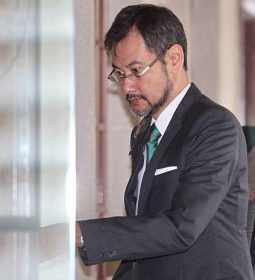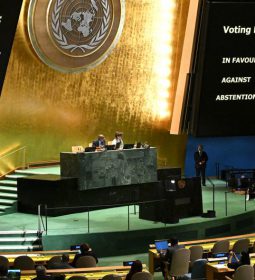Trump expected to sign executive orders on immigration
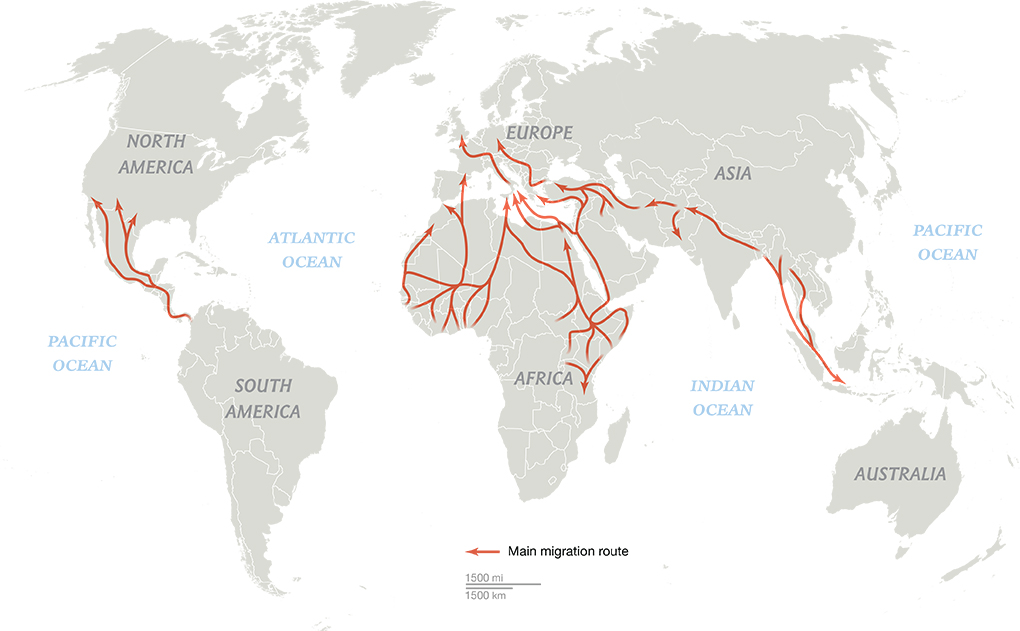
U.S. President Donald Trump is expected to sign several executive orders on Wednesday restricting immigration from Syria and six other Middle Eastern or African countries, according to several congressional aides and immigration experts briefed on the matter.
In addition to Syria, Trump’s orders are expected to temporarily restrict access to the United States for most refugees. Another order will block visas from being issued to those from Iraq, Iran, Libya, Somalia, Sudan and Yemen, said the aides and experts, who asked not to be identified.
The restrictions on refugees are likely to include a multi-month ban on admissions from all countries until the State Department and the Department of Homeland Security can make the vetting process more rigorous.
Stephen Legomsky, a former chief counsel at U.S. Citizenship and Immigration Services in the Obama administration, said the president has the authority to limit refugee admissions and the issuance of visas to specific countries if it is determined to be in the public’s interest.
“From a legal standpoint, it would be exactly within his legal rights,” said Legomsky, who now is a professor at Washington University School of Law in St. Louis. “But from a policy standpoint it would be terrible idea because there is such an urgent humanitarian need right now for refugees.”
The Republican president was expected to sign the orders at the headquarters of the Department of Homeland Security, whose responsibilities include immigration and border security.
On the campaign trail, Trump initially proposed a temporary ban on Muslims entering the United States, which he said would protect Americans from jihadist attacks. Many Trump supporters decried former President Barack Obama’s decision to increase the number of Syrian refugees admitted to the United States over fears that those fleeing the country’s civil war would carry out attacks.
Both Trump and his nominee for attorney general, U.S. Senator Jeff Sessions, have since said they would focus the restrictions on countries whose emigres could pose a threat rather than placing a ban on people who follow a specific religion.
Detractors could launch legal challenges to the moves if all the countries subject to the ban are Muslim-majority nations, said immigration expert Hiroshi Motomura at UCLA School of Law. Legal arguments could claim the executive orders discriminate against a particular religion, which would be unconstitutional, he said.
“His comments during the campaign and a number of people on his team focused very much on religion as the target,” Motomura said.
To block entry from the designated countries, Trump is likely to instruct the State Department to stop issuing visas to people from those nations, according to sources familiar with the visa process. He could also instruct Customs and Border Protection to stop any current visa holders from those countries from entering the United States.
White House spokesman Sean Spicer said on Tuesday that the State and Homeland Security departments would work on the vetting process once Trump’s nominee to head the State Department, Rex Tillerson, is installed.
Other measures may include directing all agencies to finish work on a biometric identification system for non-citizens entering and exiting the United States and a crackdown on immigrants fraudulently receiving government benefits, according to the congressional aides and immigration experts.
To restrict illegal immigration, Trump has promised to build a wall on the U.S.-Mexico border and to deport illegal migrants living inside the United States. None of the orders to be signed Wednesday are expected to focus on those issues.
Trump is also expected to swear in his new secretary of homeland security, retired Marine General John Kelly, on Wednesday.
- Previous Trump says to host India’s Modi for U.S. visit later this year: White House
- Next Trump Places Tall Order on Trade Vow to put ‘America first’ complicated by thicket of international rules, prospects of unintended consequences






